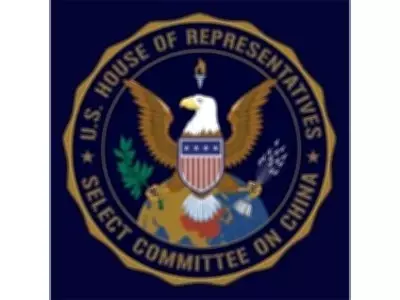
A groundbreaking climate inequality report for 2025 has exposed a startling truth: the world's wealthiest individuals are driving the climate crisis more through their investments and capital than through their personal consumption patterns.
The comprehensive study reveals that the carbon footprint of the super-rich is overwhelmingly dominated by emissions generated through their financial investments and business interests, rather than from luxury lifestyles, private jets, or multiple homes.
The Stark Numbers Behind Climate Inequality
The findings paint a dramatic picture of environmental disparity:
- The richest 1% of the global population is responsible for more carbon emissions than the poorest 66% combined
- Wealth-related emissions from investments and capital dwarf consumption-based emissions among high-net-worth individuals
- The climate impact of the wealthy extends far beyond visible luxury consumption to the very structure of their financial portfolios
Beyond Personal Consumption: The Hidden Climate Cost
While public attention often focuses on the visible symbols of wealthy consumption - private jets, yachts, and multiple properties - the report indicates these represent only the tip of the iceberg. The real environmental damage occurs through investment decisions that fund carbon-intensive industries and unsustainable business practices.
This shift in understanding challenges conventional climate policy approaches that primarily target consumption patterns rather than addressing the fundamental relationship between wealth accumulation and environmental degradation.
Implications for Climate Policy and Justice
The report's findings suggest that effective climate action must address not just how the wealthy consume, but how they invest and accumulate capital. This requires:
- Targeted policies addressing investment emissions and capital allocation
- Greater transparency in corporate and investment climate impacts
- Climate justice frameworks that account for wealth-based emissions
- Financial regulations that incentivize sustainable investment practices
The climate inequality report underscores the urgent need to rethink our approach to environmental responsibility, moving beyond individual consumption to address the systemic relationship between extreme wealth and ecological damage.





